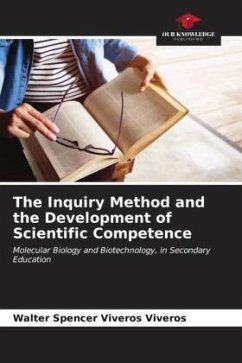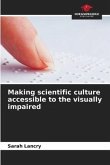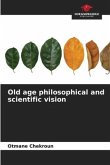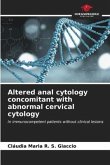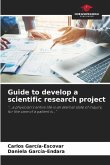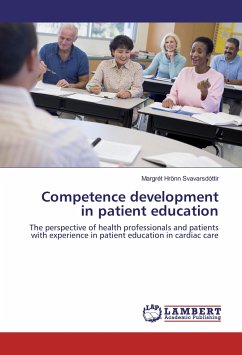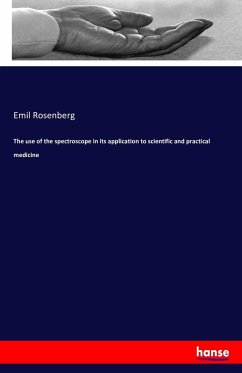This text is the result of a research process in the classroom. Using the research method (Gil, 1993); (Gil and Martínez, 1987); (Gil and Guzmán, 1993), (Porlán, 1998). In the same vein, it was proposed through the qualitative ethnographic approach with a sample of 4 students as novice researchers and the teacher acting as the research director, to develop scientific competences in situations of molecular biology and biotechnology. On the other hand, this experience shows how scientific knowledge can be generated in schools. In this way, scientific literacy is generated and the pupils are also able to formulate hypotheses, control variables, recognise laboratory material, use microscopy techniques, deduce, infer, predict, formulate questions, seek answers to questions and present the results of the process. Finally, the results of the research show: the mastery of conceptual, attitudinal and procedural aspects of science, this text is a possibility for methodological, pedagogicaland didactic reflection in pre-university education.

